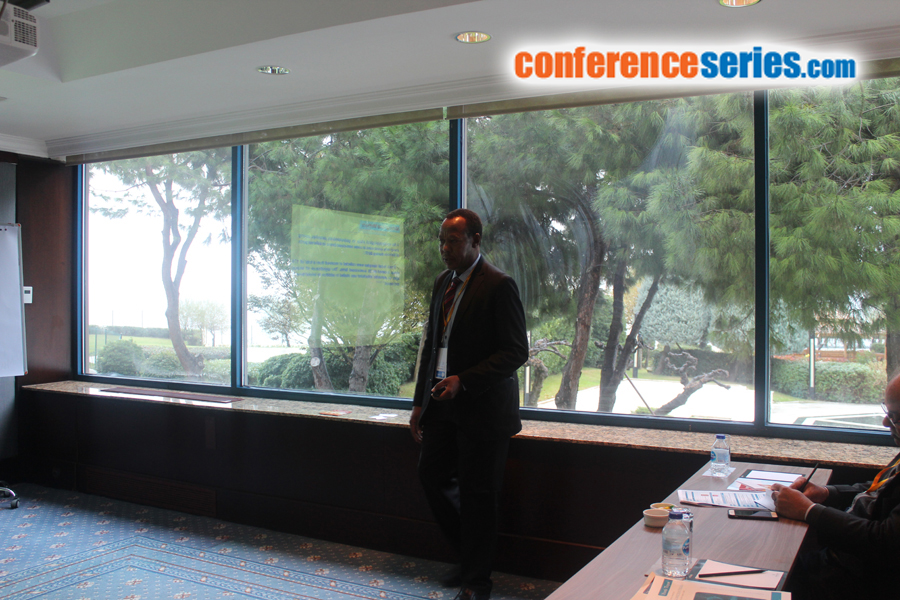
Abdalla Fadlalla Azrug Ahmed
Agriculture and Marine Resources Affairs, Bahrain
Title: Prevalence and economic impact of haemonchosis among sheep in some semi-closed system farms in Bahrain
Biography
Biography: Abdalla Fadlalla Azrug Ahmed
Abstract
Background: Although Bahrain has a very limited land-space and its livestock population is very low, but still livestock represents an essential contributive part of the public economy and national income. Haemonchosis caused by Haemonchus contortus is one the most economically important parasitic infestations among sheep Bahrain.
Method: An epidemiological study on gastrointestinal parasites among sheep was conducted in some semi-closed farms in different parts of Bahrain during 2017. Fresh fecal samples were collected or received from a total of 176 sheep located in 23 semi-closed farms. The significance of animal ages on parasitic infections was studied in addition to animal breeds and sexes. ALOS the degree of infection severity was estimated by performing fecal egg counts per gram of feces (EPG). The serious economic impact of haemonchosis on both meat and milk production rates among sheep in Bahrain was very effective regarding sheep breeders’ estimative feedback.
Result: The overall prevalence rate % of haemonchosis among sheep in Bahrain farms was estimated as 17.6%. A total of 176 samples were tested where 31 samples detected positive with haemonchosis. Above 40% of the positive cases were found as mixed infections with other species of gastrointestinal parasites as Trichuris, Nematodirus and Eimeria species.
Conclusion: Animal age was very significant in the prevalence rates and severity of haemonchosis among sheep in Bahrain farms where it was mostly seen with heavy infestation in ages above 3 years (61.3%) 19 out 31 positive cases, while it was only detected in few cases under 6-12 months ages. There were no significant noticeable effects on the animal ages or breeds with haemonchosis prevalence.


